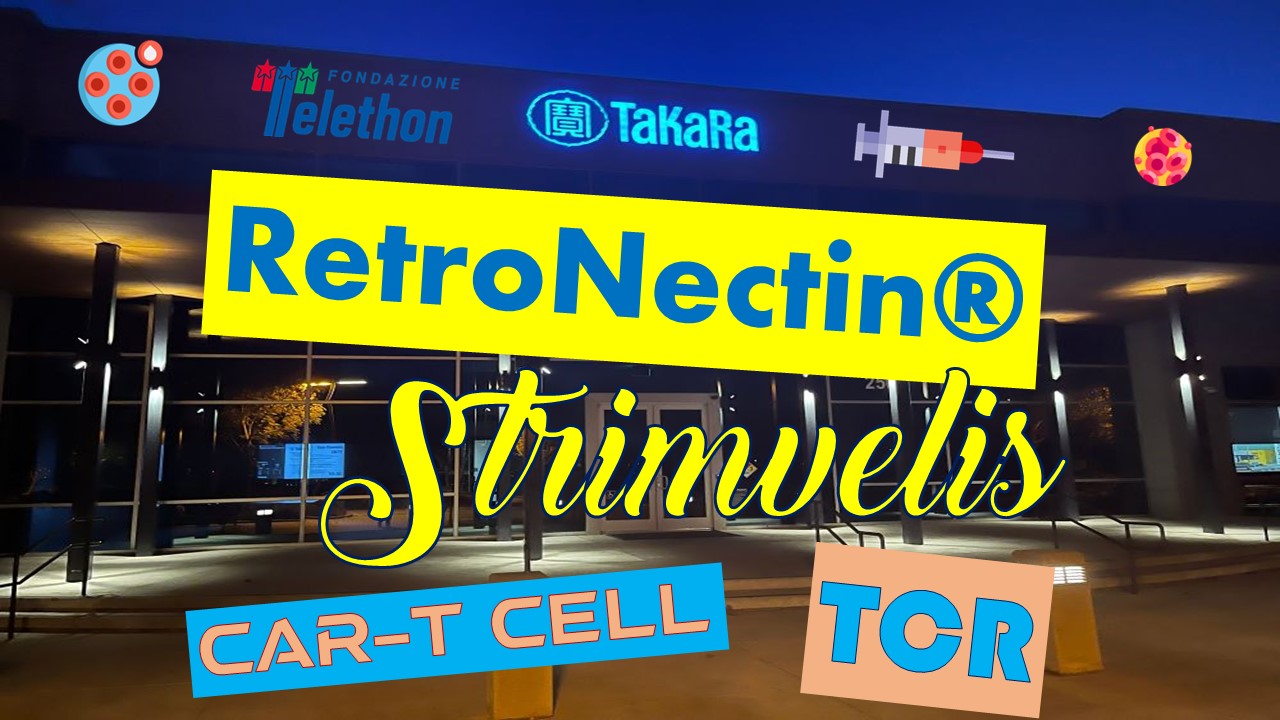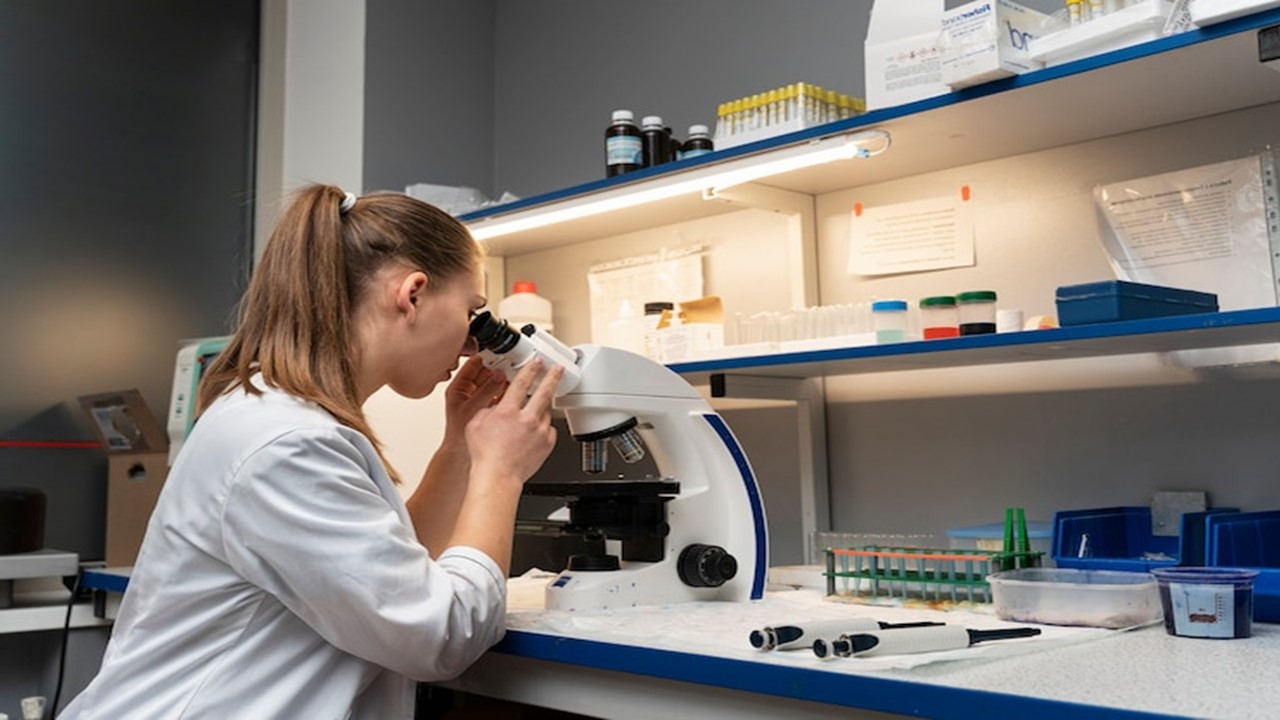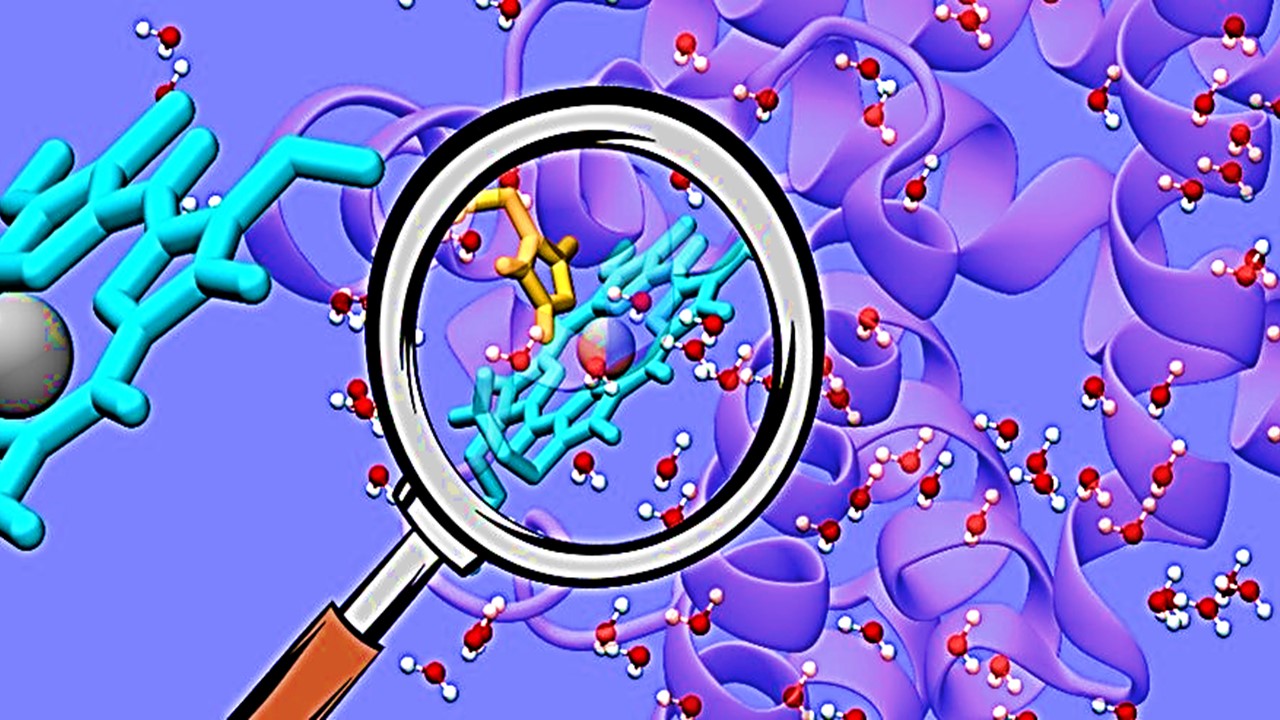In a groundbreaking study published in the journal iScience, researchers from the Scheie Eye Institute in the Perelman School of Medicine at the University of Pennsylvania have achieved remarkable success in restoring night vision in adults with a genetic form of childhood-onset blindness. The study employed an experimental gene therapy approach that targeted the GUCY2D (guanylate cyclase 2D, retinal) gene , which is associated with Leber Congenital Amaurosis (LCA), a condition causing congenital blindness. These exciting findings offer new hope for individuals living with LCA and shed light on the potential of gene therapy in treating inherited retinal disorders.
Exploring LCA and GUCY2D Mutations
Leber Congenital Amaurosis is a relatively common congenital blindness condition, affecting approximately two to three in 100,000 newborns. The condition encompasses a spectrum of genetic mutations, with over two dozen genes known to be involved. Between 10 to 20 percent of LCA cases are attributed to mutations in the GUCY2D gene, which encodes a critical protein required for the phototransduction cascade. Phototransduction is the intricate process that converts light into neuronal signals within retinal photoreceptor cells, allowing us to perceive visual information.
Preserved Photoreceptor Cells and the Potential for Restoration
Prior imaging studies have provided insights into the nature of LCA caused by GUCY2D mutations, revealing relatively preserved photoreceptor cells, especially in areas rich in rod cells. This observation suggested that the restoration of functional GUCY2D protein could potentially reestablish rod-based phototransduction. Encouraging preliminary results from earlier low-dose gene therapy trials supported this notion.
Gene Therapy Approach and Study Results
The researchers embarked on a clinical trial employing higher doses of gene therapy in two adult patients suffering from severe rod-based visual deficits due to GUCY2D-LCA. By delivering AAV gene therapy, carrying the healthy version of the GUCY2D gene, directly into the retina of one eye per patient, the study sought to assess the efficacy of treatment.
The results were nothing short of remarkable. Within days of receiving the gene therapy, both patients experienced substantial improvements in low-light vision, specifically mediated by rod-type photoreceptor cells. Various tests, including assessments of light sensitivity, functional vision, and everyday navigation skills, consistently demonstrated significant enhancements. Notably, the patients reported being able to discern objects and people in the dark—a profound change in their quality of life.
Rapid Recovery and Implications for Future Treatments
The speed of the visual improvement following gene therapy was one of the study’s most impressive features. Measurable effectiveness was seen in both individuals after just eight days. These results show that people with more severe rod-based impairment may benefit the most from GUCY2D gene therapy for restoring rod-based photoreceptor functioning.
Additionally, this research demonstrates the remarkable adaptability of retinal cell networks in some people with congenital visual loss. These networks survived years of blindness substantially intact, waiting for the missing protein to be reintroduced so they could restart their function. This understanding highlights the possibility for gene treatments to address inherited retinal problems in the future.
The Future is Bright
The groundbreaking results presented in this study offer renewed hope to individuals living with congenital blindness caused by GUCY2D mutations. The successful restoration of night vision in adult patients through gene therapy demonstrates the efficacy and potential of this approach in treating inherited retinal disorders. The findings also emphasize the importance of comprehensive screening and monitoring of LCA patients, with a specific focus on assessing rod vision.
These findings mark a significant advancement in the fields of ophthalmology and gene therapy, even if more study is required to determine the long-term safety and effectiveness of GUCY2D gene therapy. This study’s implications go far beyond LCA and provide promise for the creation of therapies for other inherited retinal diseases.
Glimmer of Hope
Moving forward, it is critical to keep an eye on the durability and long-term implications of the patients’ regained night vision. Additionally, a larger cohort of patients with GUCY2D-LCA will be included in the trial, which will help confirm the efficacy of the gene therapy and shed more light on its wider application.
This discovery lays the path for future developments in ocular treatments and establishes a precedent for the potential of gene therapy in treating inherited forms of blindness. As the underlying processes of hereditary retinal illnesses continue to be uncovered, new opportunities for creating tailored medicines that can address the primary causes of vision loss are made possible.
The restoration of night vision in adults with decades of congenital blindness offers a glimmer of hope for those affected by inherited retinal disorders. The advancements in gene therapy and our understanding of retinal cell networks provide renewed optimism for the future of vision restoration. With continued research and innovation, we can strive toward a world where sight is restored and individuals can experience the beauty of the night sky once again.
Trial Registration Details
The ongoing clinical trial, registered as trial NCT03920007 on clinicaltrials.gov, signifies a crucial milestone in advancing the understanding and treatment of LCA caused by GUCY2D mutations. Collaborative efforts between the Scheie Eye Institute, Atsena Therapeutics, Inc., and the support from the National Institutes of Health and the Pennsylvania Department of Health have facilitated this groundbreaking research.
Study DOI: 10.1016/j.isci.2022.105274
Subscribe
to get our
LATEST NEWS
Related Posts

Featured
Sygnature Discovery Teams Up with Axol Bioscience to Unleash Human iPSCs’ Power
Sygnature Discovery partners with Axol Bioscience to explore hiPSC-derived microglia for antineurodegenerative drug discovery.

Cell & Gene Therapy
Telethon, Licensed to Leverage Takara Bio’s RetroNectin®
Takara Bio collaborates with Fondazione Telethon ETS in a RetroNectin® license agreement.











